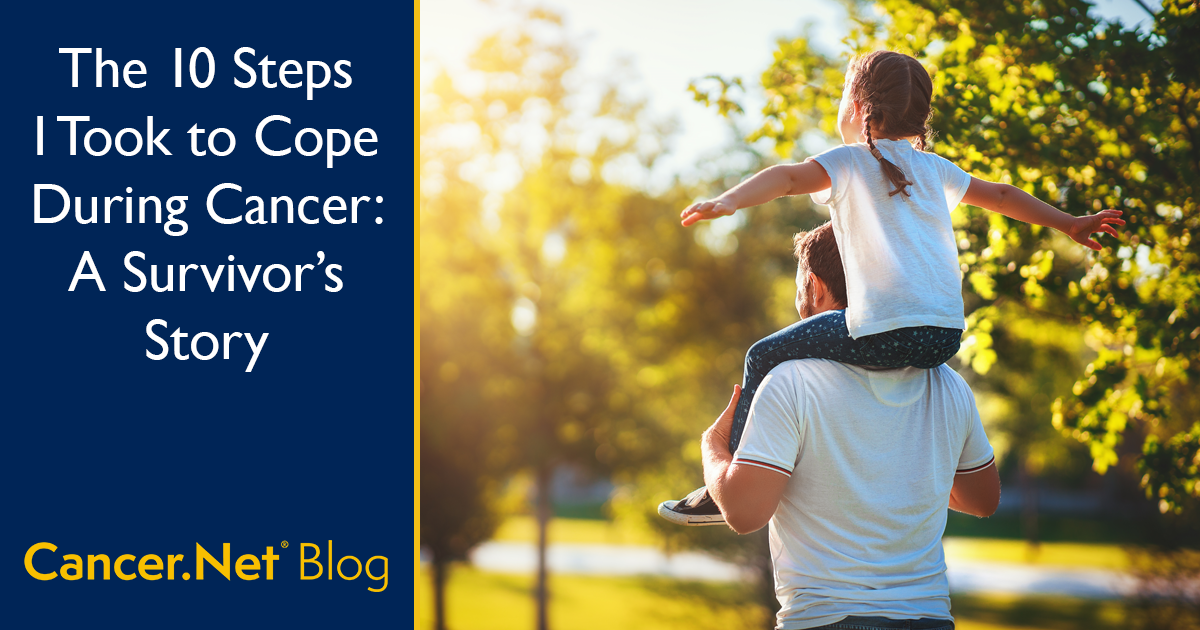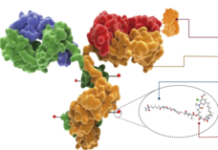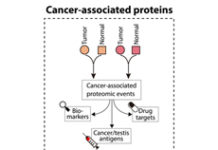
Tony Laudadio is a 2-time cancer survivor and the founder of Tony Foundation, a non-profit corporation based in Austin, Texas, that aims to help fill the critical financial need that can come with a new cancer diagnosis. The Tony Foundation has donated over $675,000 to people with cancer and their families.
I was first diagnosed with cancer in late 2013. After experiencing numerous episodes of blood in my urine, I went to the doctor. There, they found a tumor that was 6 inches in diameter, and I was diagnosed with stage 3 kidney cancer. I was shocked and also naïve about what I was going to go through in the following months.
Within a few days, I was having a kidney removed, and I later found out it was an extremely dangerous surgery. After the procedure, there was a 4-month period where I needed to learn how to walk again because of all the nerve damage and scar tissue from the surgery. To this day, I have an 8-inch scar on my belly. That scar I see every day is a constant reminder of what I endured.
Then, in late 2015, I was diagnosed with grade 3 brain cancer. After receiving the diagnosis, my whole world seemed to stop. How was this possible at my age? What should I do now? Could I do this all over again just 2 years later? The answer for me was, “Yes.” What choice did I have? My family depended on me. I needed to show them what real adversity was like in life and teach them how to stare it down and do what you need to do to persevere. This time, I received an awake brain craniotomy, which is the removal of part of the skull.
The 18 months following the surgery were brutal, but I am a survivor! Here are some insights into how I coped and tips I found helpful for maintaining positivity during my cancer journey:
1: Embrace the power of mindset.
Your mindset is a powerful tool. I believe in embracing a positive attitude, believing in your ability to overcome challenges, visualizing your success, and focusing on the moments of joy, no matter how small they may seem. During my cancer recovery, my joy came from watching my young kids and realizing how much more time I was spending with them versus when I was working 50 hours a week. Sometimes, just getting their big hugs when I was struggling renewed my sense of positivity, which would last for days.
2: Create a strong support system.
Try to surround yourself with friends, family, and other people with cancer who uplift and understand you. The unwavering support I received from my friend Greg, who changed his work schedule to shuttle me back and forth to radiation treatments for 60 days straight, is something I’ll never forget.
3: Set realistic goals and celebrate accomplishments.
I found it helpful to break down my journey into manageable steps. I would set realistic goals and celebrate my achievements, whether it was completing treatment milestones or spending quality time with my loved ones. When I finished my 8th month of chemotherapy and still had several months to go, I played in a statewide pool tournament. I’m a pretty competitive billiards player, but I’d never played a tournament in the middle of cancer treatment. It made me feel like myself again, not just “Tony with Cancer.” I didn’t play as well as I could have, by my own standards, but I got a lot of encouragement and huge hugs, and I had a lot of fun.
4: Prioritize self-care.
Taking care of yourself isn’t selfish; it’s essential. Dedicate time to rest, engage in activities you love, and nourish your body with healthy foods. I had a hard time eating during much of my treatment, but I took healthy supplements and ate as much as I could. I also felt better when bathing, practicing good hygiene, and putting on nice clothes (not just sweatpants).
5: Stay informed, but limit the information you take in.
I wanted to be informed and educated about my cancer and treatment options, but I didn’t want to overwhelm myself with excessive details. I never searched online for ways to deal with brain cancer, but I always asked my doctors the questions I’d written down every week.
6: Express your feelings.
It’s OK to have moments of frustration, sadness, or anger. Express your feelings to someone you trust, or journal your thoughts. I did both, and I still see a therapist every 2 weeks to cope with the ongoing fight I still face with cancer.
7: Find joy in everyday moments.
Amid the hardships, I would find joy in the small moments: laughter with my children, a beautiful sunset, or a nice vacation with loved ones. My dad and brother drove me to Lake Tahoe when I was sick, and it was awesome. For a couple of weeks, I kind of forgot about cancer… kind of! These sorts of moments provide a mental break and remind you of life’s beauty.
8: Engage in mindfulness.
Deep breathing, meditation, or other mindfulness techniques can help you stay grounded, manage stress, and enhance your emotional resilience. My mom, a psychologist, taught me ways of dealing with sleeping problems and stress management at a young age. You can learn stillness and deep breathing techniques online, but being disciplined and applying them to your daily routine could be a game-changer for you like it was for me.
9: Focus on what you can control.
Cancer can feel like an uncontrollable force, but you do still have control over aspects of your life. Focus on your daily choices, your attitude, and your responses to challenges. I realized that my cancer was just that: mine. Everyone has their own struggles, and I felt it would be wrong to think I was the only one in the world that was struggling, even if it felt like that at times. I controlled what made me comfortable each day, and I even shut my cell phone off for 6 months. It was my way of controlling my environment because I did not want to be on calls every day.
10: Practice gratitude and imagine your legacy.
Even during my cancer journey, I recognized the efforts and giving that was taking place around me. Many people chipped in to help when they could, and I can never thank them enough. I think that’s why I started my non-profit, Tony Foundation. Well, I also started it because one of my best buds, Scott Patterson, kept bugging me to use my story to help others. Every time I wanted to tell him to take a hike, I thought back to a “call from above” I received while I was recovering from brain surgery. It may have been from my gramps, who was my best friend and, like me, had multiple cancers (and 3 daughters). It hit me like a ton of bricks, and the message was that it wasn’t about me anymore: “You’re going to use your story to do something life-changing for others.”
Leaving a legacy for my 3 kids was something I thought about frequently when I was going through treatment. Not knowing what my life was going to look like moving forward made me think about what I really wanted for my children and also how I wanted to be remembered. I didn’t want to be remembered for how much money I made. I wanted to be an example of how we can put others above ourselves.
With that inspiration in my mind, I founded Tony Foundation in 2018, and we’ve given out nearly a million dollars in grants to people with cancer since then. But I still feel like the journey has only just begun. I hope you, too, have a calling and decide to do something special for others, because at the end of our life, I believe those will be the things that really leave a legacy.
The author has no relevant relationships to disclose.





